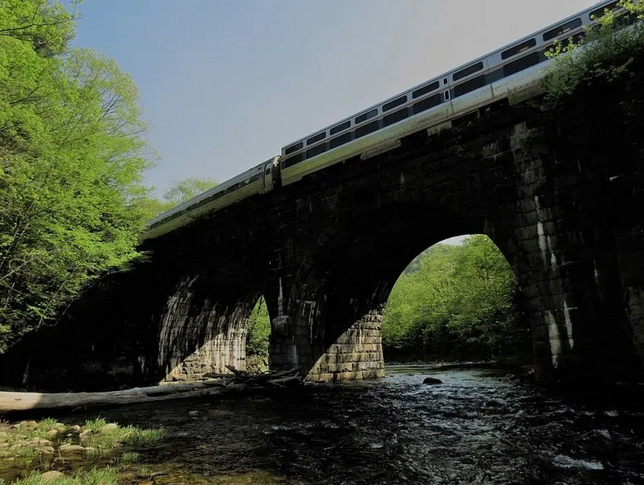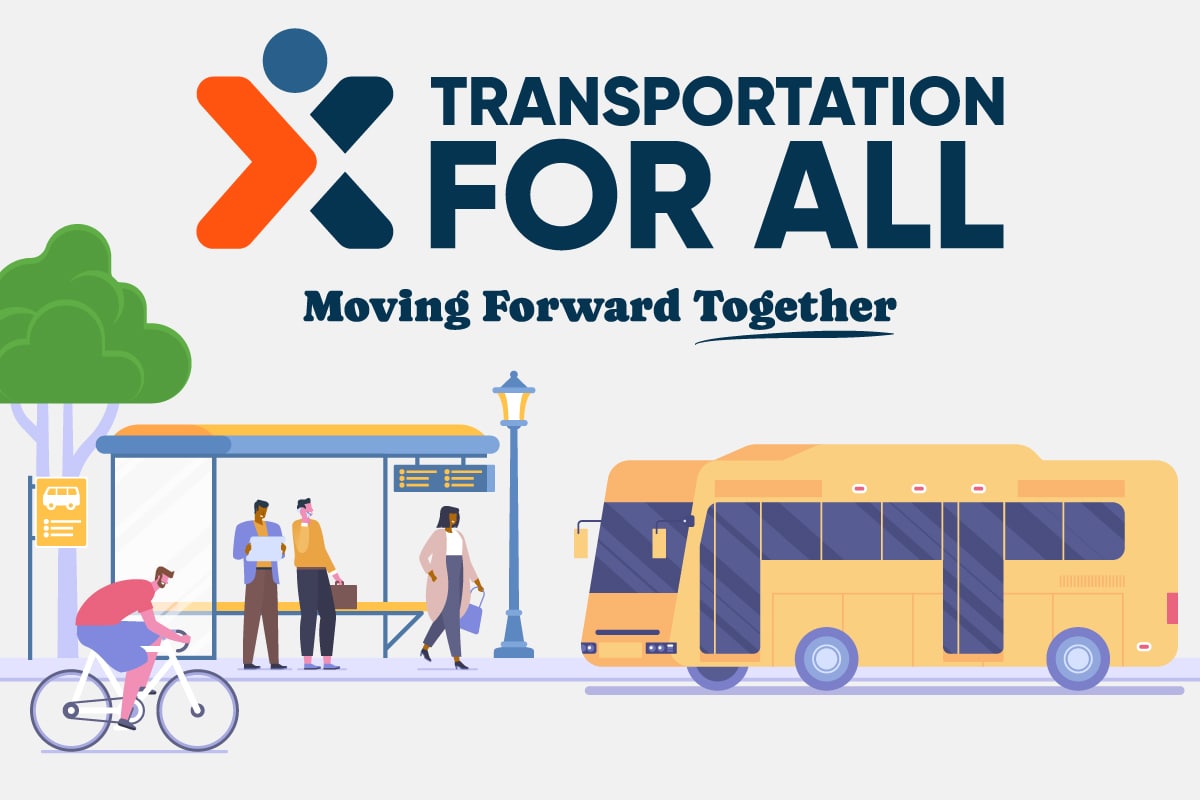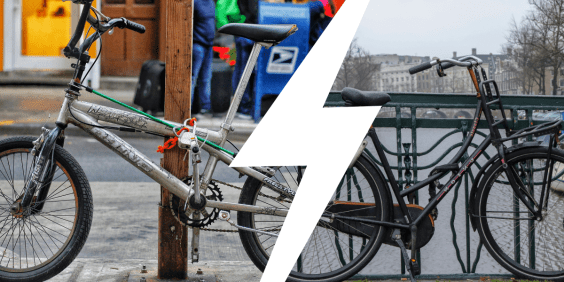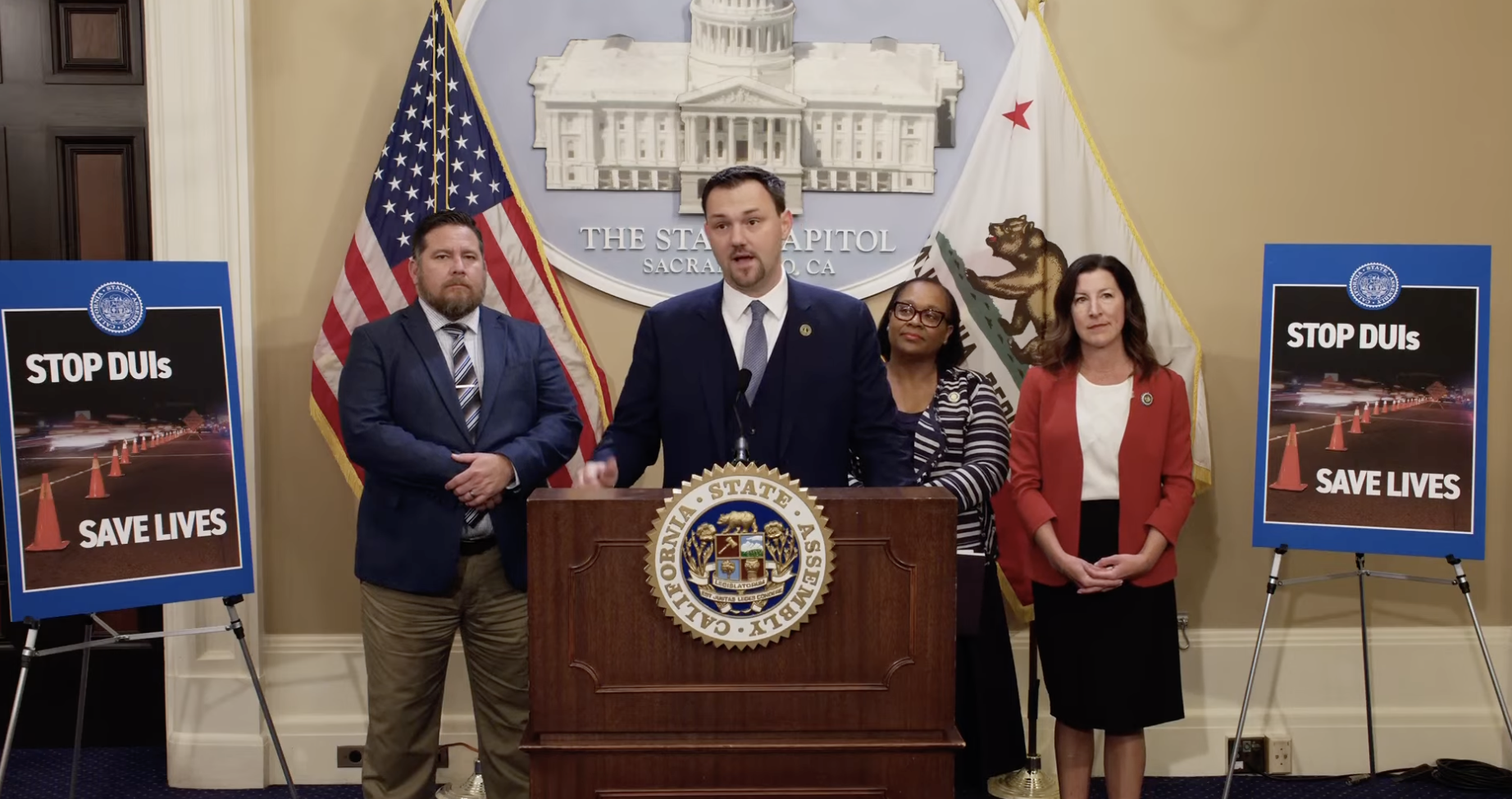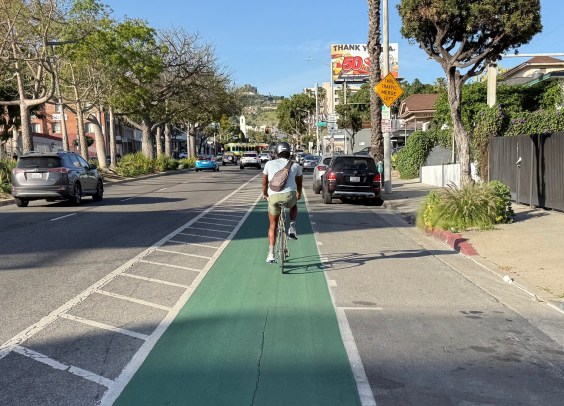
Yesterday, House Democrats released a draft bill that establishes a $494 billion, 5-year plan for the nation’s transportation infrastructure – but in spite of language to address climate change, and significant funding increases for rail and transit programs, the lion’s share of the bill’s funding would still go to roads and highways.
The proposed legislation, the INVEST (Investing in a New Vision for the Environment and Surface Transportation) in America Act, would replace the current FAST Act, which was passed in 2015 and expires later this year.
In a press statement, Rep. Peter DeFazio (D-OR), the Chair of the House Committee on Transportation and Infrastructure, said that the new bill would prioritize the reduction of greenhouse gases and establish a new focus on fixing existing roads before building or widening new highways.
Among the more significant policy changes being proposed in the first draft of the new bill:
- National Highway Performance Program (NHPP) funds – which amounted to about $24 billion in 2020 – would be prioritized to fund basic maintenance on existing streets and highways before buying any new highway capacity;
- The federal Department of Transportation would be required to establish a new performance benchmark for greenhouse gas emissions, and require laggard states to set aside more of their federal funding for greenhouse gas reduction efforts.
- A 60 percent funding increase for the federal Transportation Alternatives Program, the main federal funding source for bike and pedestrian projects, recreational trails, and safe routes to school projects. In 2020, the FAST Act authorized $850 million for this program.
- The bill would also send more money directly to towns and cities, bypassing road-loving state DOTs in an effort to improve local control over projects.
- Federal transit grant criteria would be amended to prioritize frequency and ridership for transit services, and allow federal funds to finance a larger proportion of transit infrastructure costs.
- A new $100 million grant program would support bus priority infrastructure.
The bill’s proposed funding authorizations could also give transit a big boost over the status-quo. The FAST Act authorized $61 billion for transit; the new bill would authorize $105 billion.
Passenger rail projects would also get a big boost: the bill proposes a three-fold increase in funding to Amtrak, and a new $19 billion Passenger Rail Improvement, Modernization and Expansion (PRIME) grant program program for intercity passenger rail improvements. The so-called PRIME grants bear some resemblance to Massachusetts Sen. Ed Markey’s proposed “BRAIN TRAIN” Act, which was introduced in the Senate’s Commerce, Science, and Transportation Committee last week.
But while there’s good news for transit in the new bill, highway programs (which include a small proportion of bike and pedestrian infrastructure funds) would still get much, much more money: $319 billion over 5 years, up from $225 billion in the 2015 bill.
The DeFazio will would give highways a 27% funding boost above current law baseline, but mass transit would get a 54% boost (GF and HTF combined) and Amtrak/intercity rail would get a 332% increase. pic.twitter.com/7CPXBRpzwV
— Jeff Davis (@JDwithTW) June 3, 2020
“Federal transportation policy needs to be fixed, and the House bill is a welcome addition to the conversation,” wrote Transportation for Massachusetts (T4MASS) director Chris Dempsey in an email this afternoon. “It increases funding for transit while thoughtfully encouraging the states to spend highways dollars on fixing what we have rather than adding new lane-miles.”
But Dempsey still sees room for improvement, and wrote that he wants to work with the Massachusetts delegation to improve the bill in line with five principles that T4MASS and numerous other organizations endorsed in a letter to Sen. Ed Markey last month.
Republicans on the Transportation and Infrastructure Committee are already criticizing the bill’s “outsized funding increases for urban areas” and “numerous new green mandates and extreme progressive goals.”
